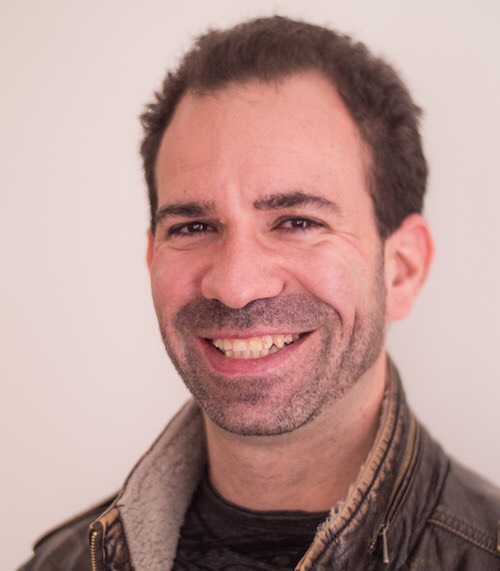
Contributor:
Jonathan Stray, Writer & Researcher
Jonathan Stray is a writer and researcher who has contributed to The New York Times, The Atlantic, Wired, Foreign Policy and ProPublica. He's also an advisor on the project, and he guest edited one of our Issue One articles, "Can Humans be Hacked? A Semi-Technical Investigation Into Whether Artificial Intelligence Can Control Our Minds (Yet)."
Tell us about yourself.
I’m a research fellow at Partnership on AI, where I focus on the societal effects of optimization. Previously, I was a computational journalist at Columbia University, where I taught the dual master’s degree in computer science and journalism and led the development of Workbench, an integrated tool for data journalism without coding.
What are some of your own favorite past projects? Why do you feel great about them?
I'm really pleased that I was able to record the final year of my Frontiers of Computational Journalism course at Columbia. This is a deep dive into everything from the design of news recommendation systems (such as the Facebook news feed) to AI for investigative journalism to the ethical implications of automation.
I also co-created the interactive art piece Dance Dance Immolation — a video game that shoots people with real fire — which holds a special place in my heart.
“We, culturally, need to find ways to step back from these deep arguments, to see them from the outside, if just for a little while."
What's a current cultural edge you're excited to see people pushing?
I'm excited to see two subcultures intersecting and merging: The rationalists and the spiritual seekers. At first glance, these communities couldn't be more different. The rationalists come from a mathematical or engineering viewpoint and talk about things like Bayesian statistics and existential risks to humanity. The seekers are operating from much older, more loosely-defined set of practices and might be into mystical traditions and rituals. Yet I'm watching these two communities exploring topics together like meditation or the nature of consciousness. A synthesis could be very productive.
What’s your biggest, most out-there dream of a better world?
I am deeply disturbed by increasing polarization, not just in the US but globally. The underlying issues are very complex, but I do think it would be helpful if everyone understood the dynamics of conflict generally. Both sides feel the other is acting in bad faith, both sides are protecting core values, and both sides have been badly hurt. We, culturally, need to find ways to step back from these deep arguments, to see them from the outside, if just for a little while.
Transparency Notes
This profile was edited by Katie MacBride. Katie is a writer and co-founder of Anxy magazine. More about Katie at her NewMo profile
